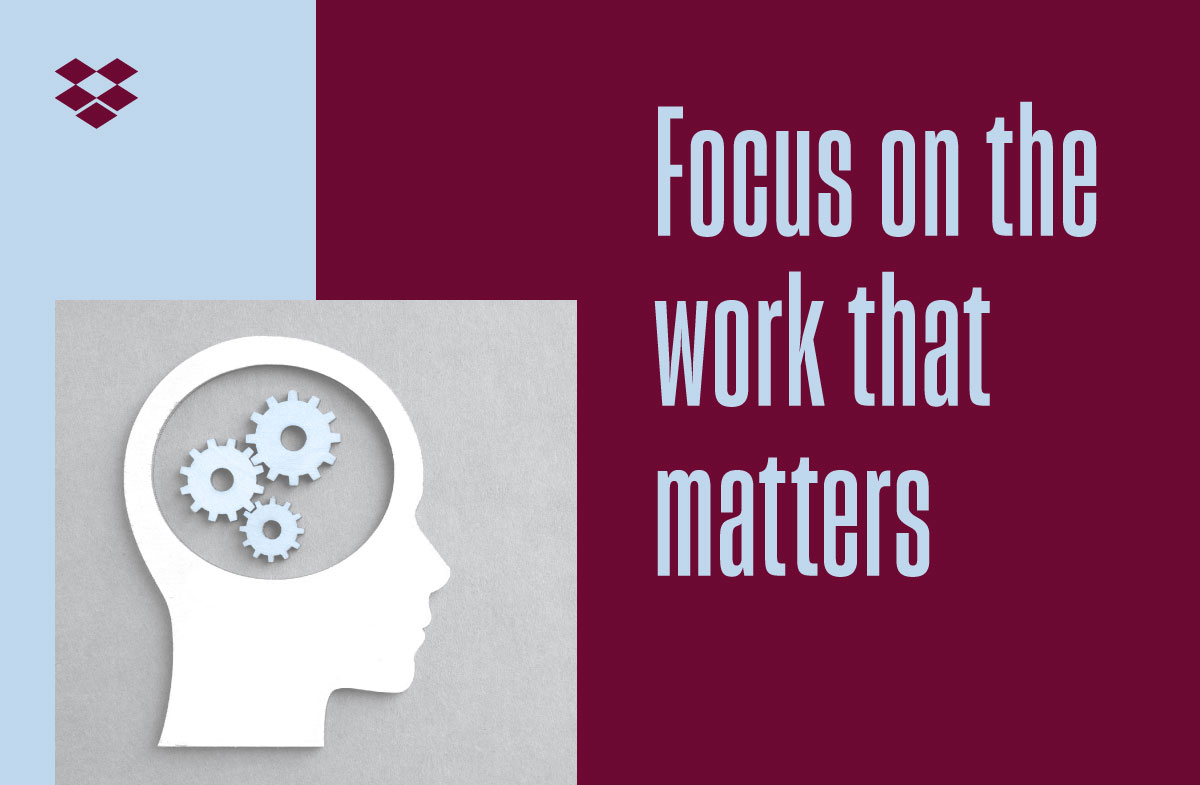The opportunity for retailers prepared to embrace collaborative transformation

Author: Howard Saunders, Retail Futurist
Like motherhood and apple pie, no one would ever admit to being opposed to collaboration. Ask a thousand CEOs if it’s important to their business and a thousand heads will nod in synchronised affirmation. But it’s precisely this perfect consensus that demands we dig deeper into exactly how businesses are structured, in order to unleash the energy that comes from genuinely creative collaboration.
As a retailer you need to understand how your business structure – your processes, procedures and communication practices – impact the quality of your service. Strategies to improve efficiency are so ubiquitous today they can often be lost in the myriad projects running at any given time. But in today’s climate, they are more important than ever.
Which is why the recent independent retail report from Dropbox is so interesting: there is a huge gap between perception and reality when it comes to collaboration, creating a significant opportunity for those prepared to put strategies in place to embrace change.
This report identifies that this must change, and leaders must shift focus on strategies to improve collaboration. Here’s how:
Give teams back time to focus on impactful tasks
Swept along by the reassurance of routine, retail leads find themselves consumed and distracted by the mechanism of the retail industry itself, rather than focussing on the project, or task at hand. I call this ‘officing’ and since the dawn of the workplace, we have all been guilty of too much ‘officing’.
In fact, according to the research, European retail leads spend a third (35%) of their time managing workflows and 20% of their time tracking down stuff they need to do their job! Valuable time is being spent filing emails, searching for missing documents or complaining the machine isn’t working.
If you extrapolate this time across your entire team you begin to see how big the opportunity is for retailers to make wholesale transformation a success. As necessary as some mundane ‘officing’ jobs may be, it is not what the machine was designed for, so change it!
Break down silos to create an innovative culture
We are all bound together by an invisible digital network that allows you to connect, share information and ideas with everyone, regardless of their location. The tools are in place for teams to collaborate globally in real-time. But for some reason, this doesn’t seem to have filtered through to retailers, as simple things like internal communication are cited as significant challenges.
The age of the silo should well and truly be over, and yet for many retail businesses, it seems they need to be reminded of the unprecedented opportunities that lie before them. As we brace for the next wave of disruption, what’s clear is that improving efficiency is pointless unless it is married to customer-focused innovation.
It is innovation that fuels business. New ideas, inspiration and innovation are what keeps retailers relevant and customers interested. Yet, according to the report, many are struggling to kick start this innovation. The answer, again, lies in improved collaboration.
Change your measure of success
In uncertain times the only thing you can be sure of is the future will be populated by highly innovative retail businesses striving to surprise and delight customers with things we cannot even imagine today. The challenge is how you stay ahead of them!
The days of success being defined by hanging onto market share, or having a solid reputation topped with a decent helping of customer loyalty, are fast becoming history.
The new consumer wants products and services that speak to them personally, not legacy brands that had resonance with their parents. The new retail landscape will be founded on innovation and personalisation, and companies will either innovate or die.
The job of retail leads, therefore, is to make emotional connections and inspire consumers with new ideas, rather than simply selling more stuff. It means the future will be founded on collaboration, collaboration that enables retailers to innovate and personalise the shopping experience.
The ‘feel’ economy then, will require a more comprehensive understanding of a customer’s emotional needs. From this perspective, it seems obvious the new economy will demand greater collaboration of creative minds than ever before. The good news is for smart, future-ready innovators, the tools are now available to do just that!




